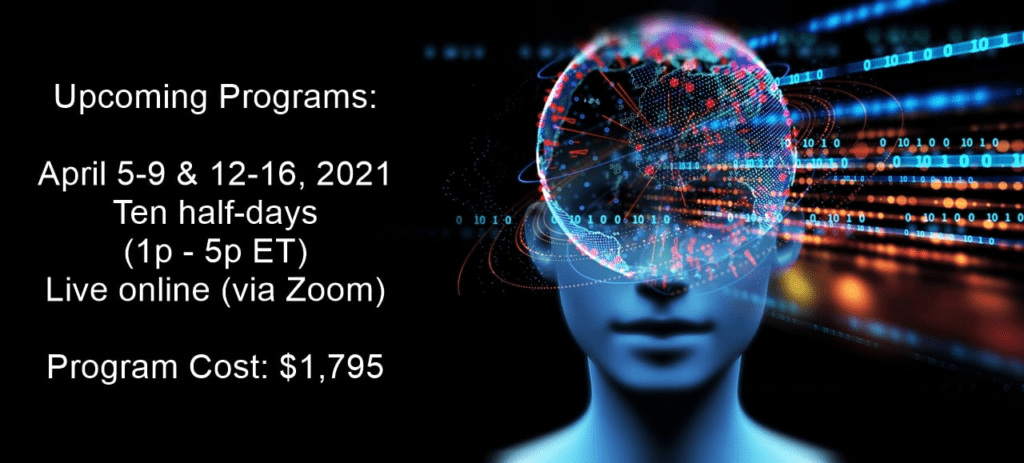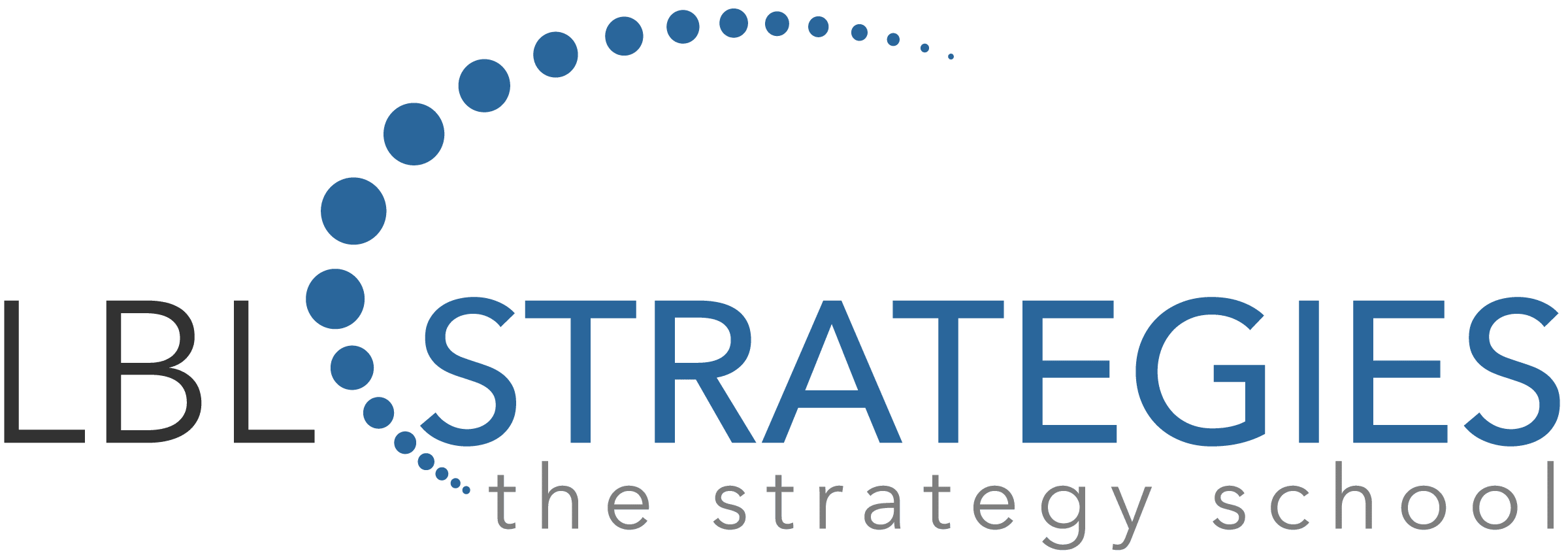International Development Agencies are Exploring the Future
The coronavirus (COVID-19) pandemic upended the plans and strategies of development organizations globally. But the destabilizing health and economic crisis is but one of many significant events and trends that are remaking the context for development cooperation. Indeed, there are several economic, environmental, social and technological disruptions transforming the world. The pandemic has accelerated the pace of change, as highlighted by the rapid take up of digital technologies and new ways of working and interfacing with clients and partners over the past 12 months.
As international development organizations regroup and reorient themselves for what will transpire after COVID-19 has been brought under control, they need to prepare to function in a world characterized by volatility, uncertainty, complexity, and ambiguity (“VUCA”). In this new normal of constant and unpredictable change, they can empower themselves by embracing Strategic Foresight (or simply, Foresight).
Foresight is a structured, systematic way of using ideas about the future to anticipate and better prepare for change. It involves exploring different plausible futures that could arise in the medium- to long-term, and the opportunities and challenges they could present. Using a range of tools and methodologies, Foresight helps organizations test the validity of assumptions underpinning current policies, collect and interpret data and information, and spot weak signals of emerging change that are harbingers of something greater.
A typical Foresight exercise will analyze trends and how key drivers of change interact with each other — and create more changes. By studying these interactions, one can formulate different scenarios of alternative plausible futures. Foresight is not a projection based on past experience, straight-line forecasting, an elaborate guessing game, or predictive exercise. It does not yield a single, pseudo-precise picture of what will happen. Rather, it draws on multidisciplinary expertise and knowledge to study and probe a range of ways in which things may unfold.
In short, Foresight helps development organizations anticipate changes, reveal options for policy innovation, and stress test proposed plans and strategies. It is used to anticipate credible future pathways in a wide array of important policy areas, like climate change, migration, food security, funding of healthcare, aging, and the labor market. In doing so, it provides valuable insights to improve today’s policymaking for tomorrow.
The Development Cooperation Directorate of the Organization for Economic Cooperation and Development (OECD) has assessed that Foresight can help the development community explore how changes — whether slow, compound annual trends, or fast and disruptive shifts — might threaten communal well-being and achievement of the Sustainable Development Goals. Elsewhere, the United Nations Development Programme has published a guide to assist developing country government officials in using Foresight tools.
The German Federal Ministry of Economic Cooperation and Development has recognized that Foresight tools, like horizon scanning and scenario analysis, can help it gain a better sense of uncertainties, prepare for possible developments and futures, and generate an openness for alternatives and different paths that form a basis for strategic decision-making and planning of German development policy.
The French Agency for Development (AFD) involved hundreds of staff and outside experts in a Foresight exercise that generated four plausible scenarios for the global environment in which international development assistance would be delivered in ten to fifteen years. The exercise studied the practical consequences for AFD in the event of each scenario coming to pass. One of the scenarios depicts a world where ecological tipping points have been reached, leading to a series of crises around the planet.
Last October, USAID’s then-acting administrator announced that the agency will create a Foresight unit to scan the horizon for future crises, and prepare USAID for uncertain and complex operating environments. The unit will support the agency’s field missions with scenario planning, enabling them to become more responsive and adaptive.
Several international organizations have also recognized the contribution that Foresight can make to their activities. For example, the Asian Development Bank published a compilation of lessons from applying futures and Foresight tools in seven developing Asian countries. The International Monetary Fund is using scenario planning and policy gaming to inform its strategy and policy.
A little over four years ago, the Inter-American Development Bank teamed up with the Foresight team at the Atlantic Council to formulate six scenarios for Latin America and the Caribbean in 2030, underscoring how greater integration and better governance hold the key to greater prosperity. UNAIDS conducted a highly participatory scenarios development exercise to help decision makers prepare for the fight against AIDS in Africa in two decades’ time.
The disruptions that are shaking the world will reshape the way that development cooperation is carried out. International aid bodies need to embrace agility, a growth mindset, and a culture of learning — all traits that support the effective use of Foresight. By systematically performing the work required to discern plausible alternative futures, and then taking action to prepare for such futures, forward-looking development organizations will be far better prepared to perform and deliver on their missions.
Scenario-Based Planning Bootcamp is Coming Soon!
Learn how to design and run a foresight program for your organization. This Bootcamp is a practical application of the most widely used foresight tool, scenario-based planning. CLICK HERE for more information. CLICK HERE to register now!

